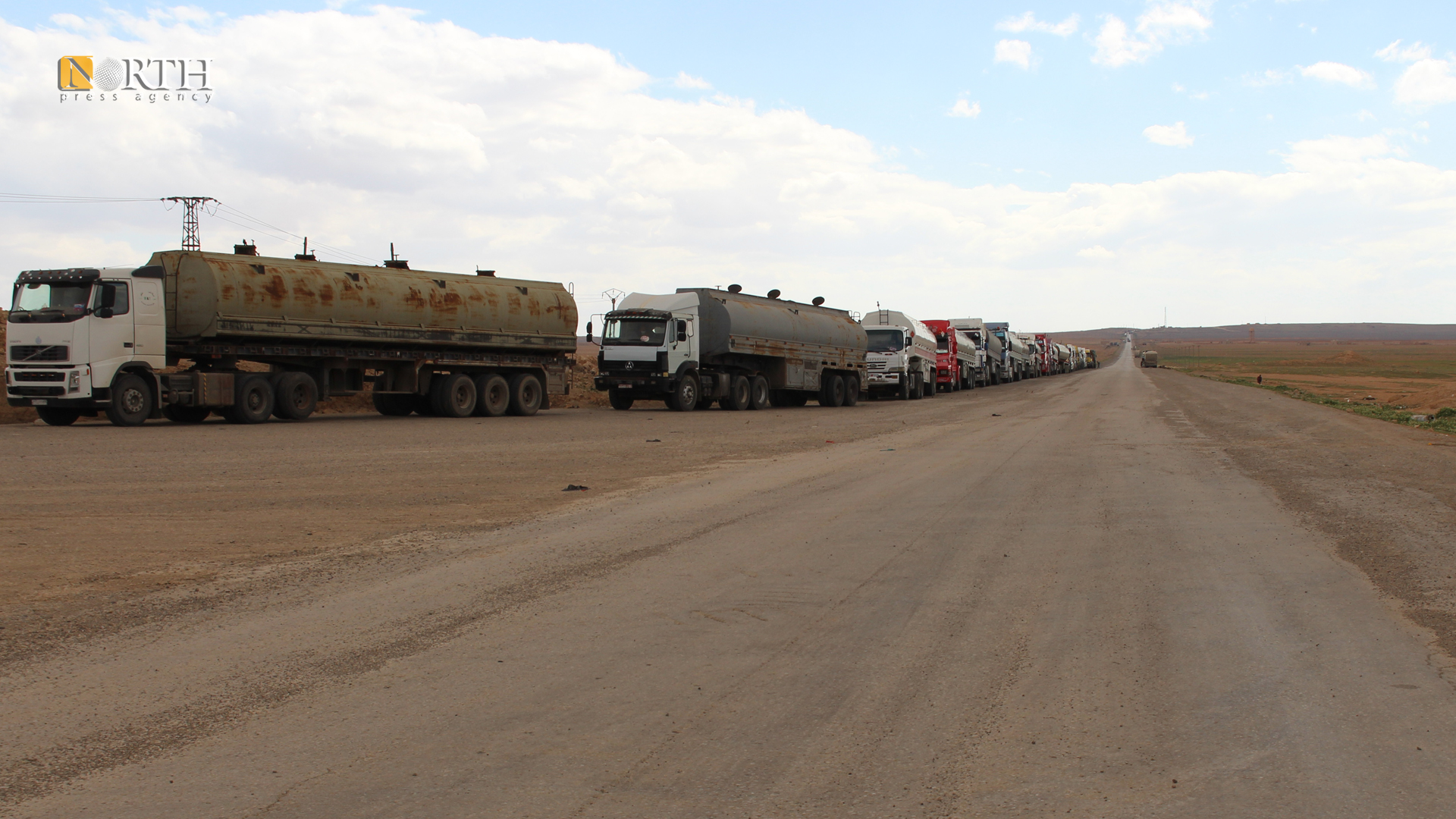Syrian government closure of crossings could cause humanitarian disaster: Pharmacists Union
KOBANI, Syria (North Press) – On Saturday, Muhyaddin Ahmo, co-chair of the Pharmacists Union in northern Syria’s Euphrates Region, said that the Syrian government’s closure of the crossings with the Autonomous Administration areas in northeast Syria could cause a “humanitarian disaster.”
Since March 21, the Syrian government has imposed restrictions on civilian movement and trade at three crossings linking its areas of control with the areas of Raqqa, Manbij, and Tabqa.
The markets of northeast Syria have witnessed an increase in the prices of fruit and vegetables, in addition to medicine, following the closure of the crossings.
“If the crossing continues to be closed, the situation will get worse and medicine will decrease, especially those for chronic diseases such as high blood pressure, diabetes, and heart disease, and antibiotics,” Ahmo told North Press.
“Some drug stores took advantage of the closure of crossings and the shortage of medicine and raised the percentage of their profits from medicines from 30 to 40-45 percent,” Ahmo added.
However, the medicine in the drugstores will not suffice for more than a month and a half, after which the regions of northeast Syria will be directly affected, according to the co-chair.
Ahmo indicated that the continued closure of the crossings would worsen the humanitarian situation due to the shortage of medicine.
Autonomous Administration areas get medicine from pharmaceutical factories in Syrian government-held areas.
A senior official in the Autonomous Administration told North Press last week that opening the crossings with outside Syria is out of the reach of the US, and closing the crossings is a Russian attempt to put pressure on the Autonomous Administration.
“The opening of the crossings with the outside is not in the hands of the American administration, because that requires a decision from the UN Security Council,” said Luqman Ahmi, AANES Spokesman to North Press.

